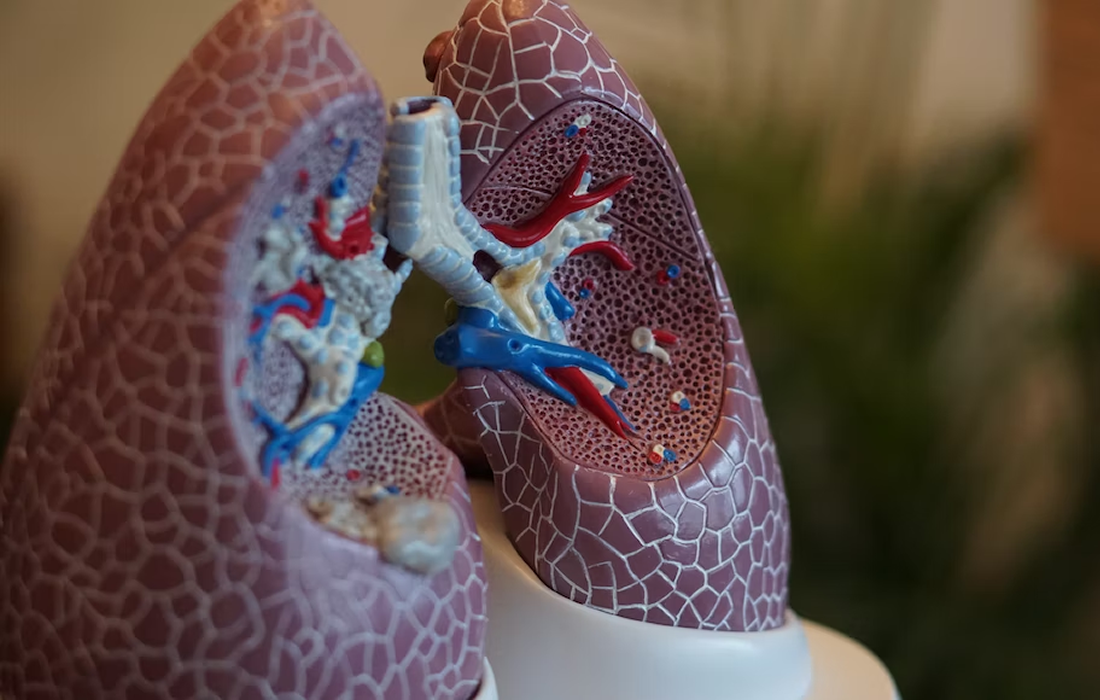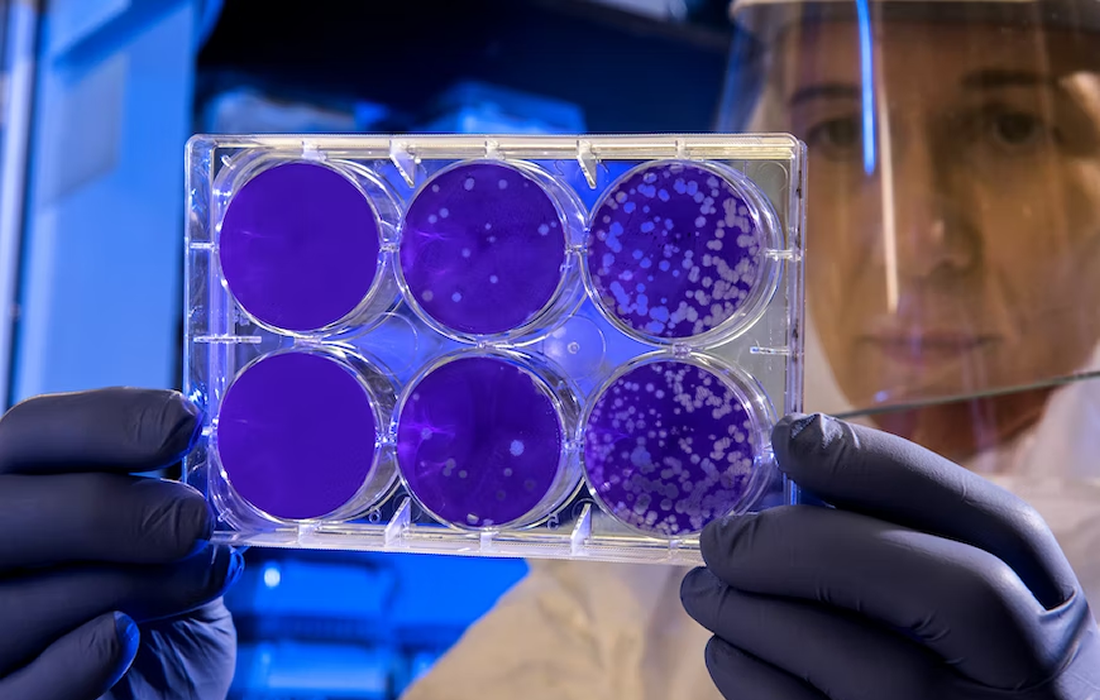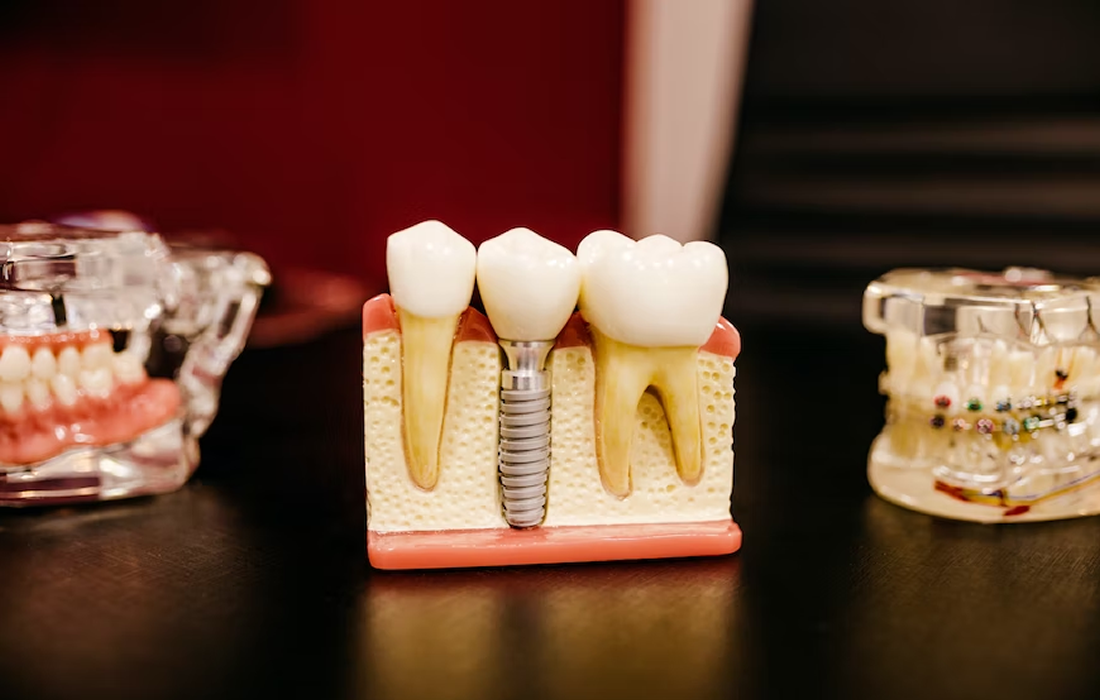Fever is known to help power up our immune cells, and scientists in Shanghai have new evidence explaining how. They found in mice that fever alters surface proteins on immune cells like lymphocytes to make them better able to travel via blood vessels to reach the site of infection. Chen and colleagues discovered that fever […]
Monthly Archives: March 2023
The possibility of an increase in brain glucose metabolism after intrathecal administrations of autologous mesenchymal stromal cells (MSCs) has been recently reported, suggesting a role in the treatment of neurological disorders. This 49-year-old female, right-handed, and computer engineer, with more than 20 years of formal education, suffered in 2009 from spontaneous intracerebral hemorrhage in the […]
As of 2020, more than 474,000 people around the world have leukemia — a cancer of the blood. Of the two main types of leukemia, acute leukemia is the most aggressive causing cells to multiply very rapidly in the blood and blood marrow. Although there are treatments for acute leukemia, survival rates depend on a […]
Cancer treatments have long been moving toward personalization — finding the right drugs that work for a patient’s unique tumor, based on specific genetic and molecular patterns. Many of these targeted therapies are highly effective, but aren’t available for all cancers, including non-small cell lung cancers (NSCLCs) that have an LKB1 genetic mutation. A new […]
For some time researchers have suggested that a Mediterranean diet — high in fresh fruit and vegetables, beans, nuts, whole grains, and fish — may help lower heart disease risk and increase life expectancy. An increasing amount of scientific evidence now backs up this notion. Recent studies have linked reduced rates of cardiovascular disease, dementia, […]
Staphylococcus aureus. You may have had it in connection with a wound infection. In most cases, it will pass without treatment, while severe cases may require antibiotics, which kills the bacteria. This is the case for the majority of the population. In fact, many of us — though we feel perfectly fine — carry staphylococci […]
It may be better to let a mild fever run its course instead of automatically reaching for medication, new University of Alberta research suggests. Researchers found that untreated moderate fever helped fish clear their bodies of infection rapidly, controlled inflammation and repaired damaged tissue. “We let nature do what nature does, and in this case […]
A new study, published in BMJ Medicine, has looked at the effect of higher blood caffeine levels on body weight and the long-term risks of type 2 diabetes and major cardiovascular diseases, such as coronary artery disease, stroke, heart failure, and irregular heart rhythm (atrial fibrillation). Researchers used a statistical technique called Mendelian randomization, which […]
Congenital diaphragmatic hernia (CDH) is a common condition, affecting one in every 2500 births. Up to 30 percent of affected babies die from it. The main problem is the underdeveloped lung. The condition also involves a hole in the diaphragm, which pediatric surgeons correct by closing it in the first week of life. Until now, […]
One of the key factors of success in a dental implant is the condition of the periodontium around the implant. A higher long-term success rate of dental implants requires sufficient and healthy alveolar bone. In those cases where lack of alveolar bone renders setting an implant difficult, the bone should be regenerated sufficiently to receive […]










